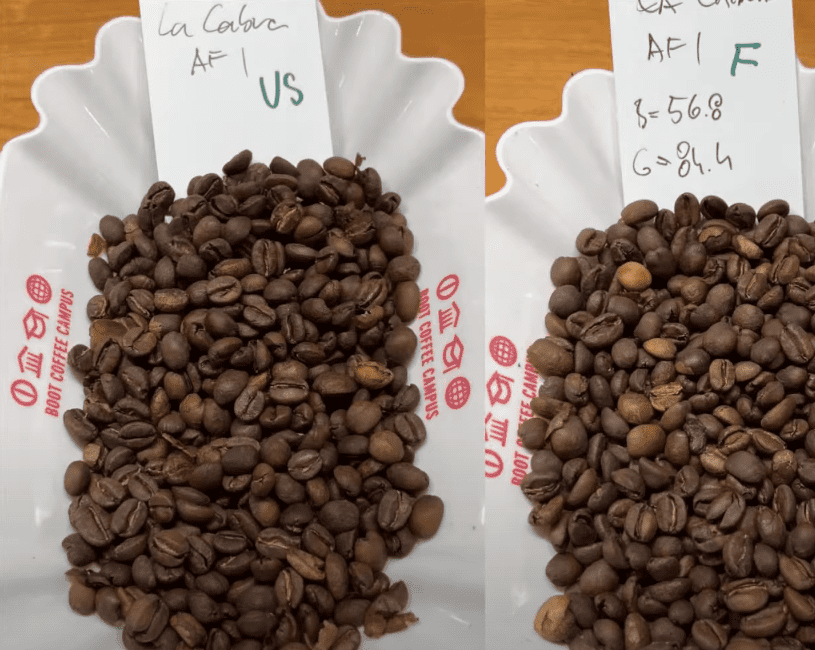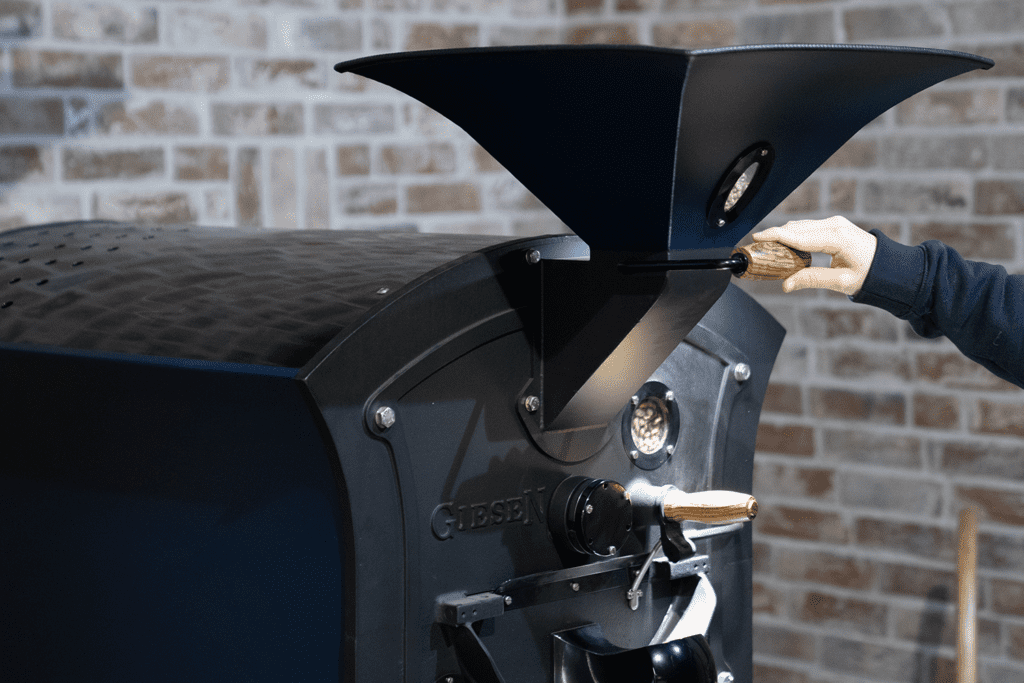Exotic coffees are varieties that are different from what we consider the common coffees. During Webinar 21, Willem Boot discusses the meaning of exotic and special process coffees. Besides that, he will also discuss and cup some of his special coffees. We wrote a summary of this interesting webinar.
If we are going to discuss roasting profiles, it’s always important to separate the distinct chemistry developments that can happen during roasting. Learn to understand the drying phase, the Maillard reaction, and caramelization.
Exotic and special process coffees
When we’re doing special process experiments, the cherries are of course a key ingredient for whatever is taking place. The inspection process of cherries is really key. Then there are the types of tanks you use for storing the cherries. When it comes to anaerobic fermentation, it’s important to be able to remove the oxygen as much as possible. At our farm in Panama, we do this with a floating candle. We light a candle, we float that in the tank and the candle basically burns off the oxygen, and that way you create an anaerobic process. You can also remove the oxygen by injecting co2 gas. Besides these options, we sometimes use yeast. A yeast solution can be added to the tanks to help accelerate the fermentation.
On my recent trip to Saudi Arabia, you could see that in the businesses we visited, coffees with extended fermentation are becoming the new norm for some of the special processes that roasters select.
Selected coffee
Let’s discuss some of the special coffees we have selected for our experiment.
- La Cabra
A special variety we have been working on in Panama for several years. It’s quite an interesting and unique coffee because of its flavor profile. It has the florals of Geisha, but it specifically has very prominent spice notes and dry fruit notes.

- Nicaragua Javanica
This is a Java variety grown in Nicaragua.

- La Mula
Then we have an anaerobic, naturally produced at our farm. What we do is that we harvest the cherries and try to collect as much as possible ultra-ripe cherries. The cherries go into an anaerobic fermentation process. We put them in a tank without water, place a candle, close the tank and then we allow the cherries to ferment over 72 hours. After we open the tank and put the cherries out for drying. So it’s a straightforward process.

- Nicaragua Maragogype
These beans have a large structure and are big beans. For roasting, this means that you really have to consider your options with heat application.

Check out Willem roasting and cupping these selected coffees in the Roasting techniques – Geisha, Pacamara, Mocha and more!
This also allows us to focus on some general conclusions. Special process coffees, are becoming some of the hottest trends seen for a long time in the coffee industry. The reason for the fact that farmers like to do these special process types, is that it allows farmers to have more options in their portfolio. By taking the same coffee, from the same farm and processing it in different ways, it gives farmers much more material to play within the market. One of my friends in Panama does an extended fermentation with natural coffees. One of the lots he produced last year, had a 30-day anaerobic natural fermentation under cold conditions. So that’s very extreme. And I have seen other examples of these special processes that can have a dramatic impact on the flavor profile of the coffee.
Check out the other Giesen blog articles and webinar summaries here.




